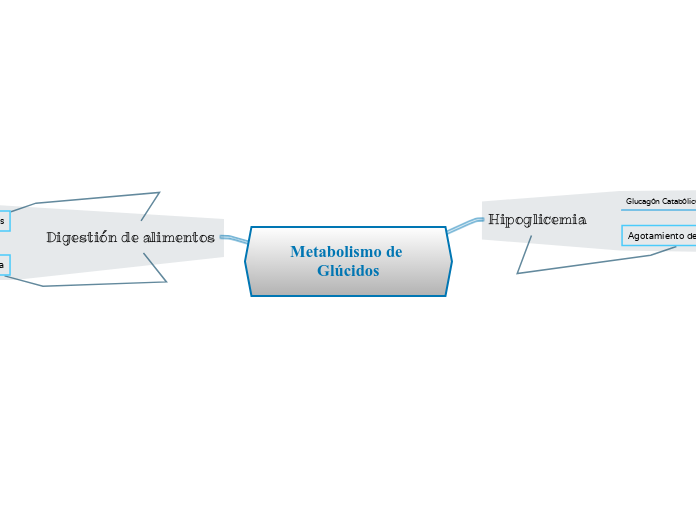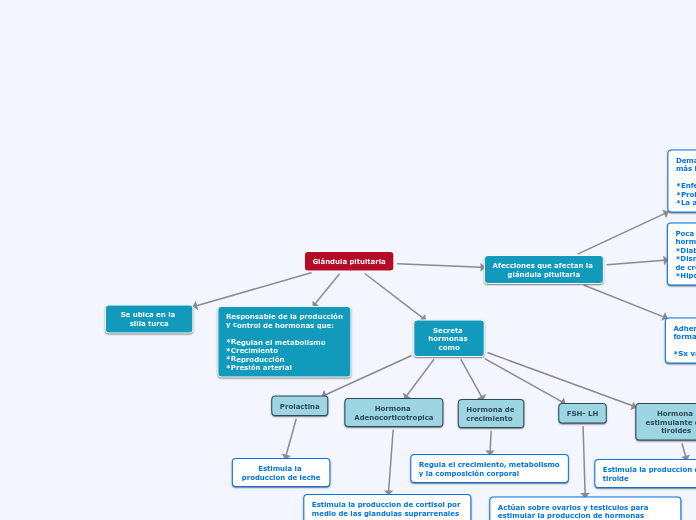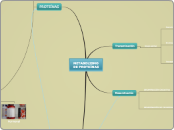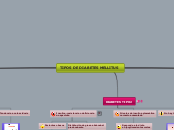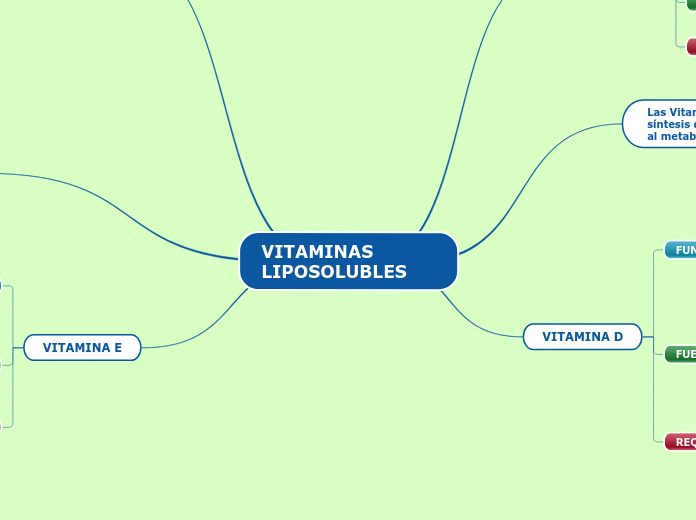Metabolismo de Glúcidos
Marine life, sea life or ocean life, is represented by the plants, animals and other organisms that live in the saltwater of the sea or ocean, or the brackish water of coastal estuaries.
At a fundamental level, marine life affects the nature of the planet. Marine organisms produce oxygen and sequester carbon.
Digestión de alimentos
A coral reef is an underwater ecosystem characterized by reef-building corals. Reefs are formed of colonies of coral polyps held together by calcium carbonate. Most coral reefs are built from stony corals, whose polyps cluster in groups.
The 3 main types of reef are: atoll, barrier reefs, fringing reefs.
Write down their characteristics as well as the importance of the reefs
Exceso de Glucosa
Coral reefs are important for many different reasons aside from supposedly containing the most diverse ecosystems on the planet.
Insulina Anabólico
Glucogénesis o Gluconeogénesis
Síntesis de Glucógeno
Glucólisis
- How does an atoll form?
- Where are atolls found?
- Can people live on an atoll?
Piruvato
Anaerobio
Lactato (fermentación)
Aerobio
Piruvato (ciclo de Krebs)
Hipoglicemia
Marine mammals are aquatic mammals that rely on the ocean and other marine ecosystems for their existence.
They include animals such as seals, whales, manatees, sea otters, and polar bears. They are an informal group, unified only by their reliance on marine environments for feeding.
Agotamiento de reservas de glúcidos
- Do they live in water all the time?
- How dense is sea otters' fur?
- What do sea otters eat?
- What is a group of otters called?
Glucagón Anabólico
Gluconeogénesis
Síntesis de glucosa a partir de compuestos no glucosídicos
Glucagón Catabólico
- How big are dolphins?
- What do dolphins eat?
- How are dolphins different from fish?
- Where do dolphins live?
Glucogenólisis
Degradación de Glucógeno
